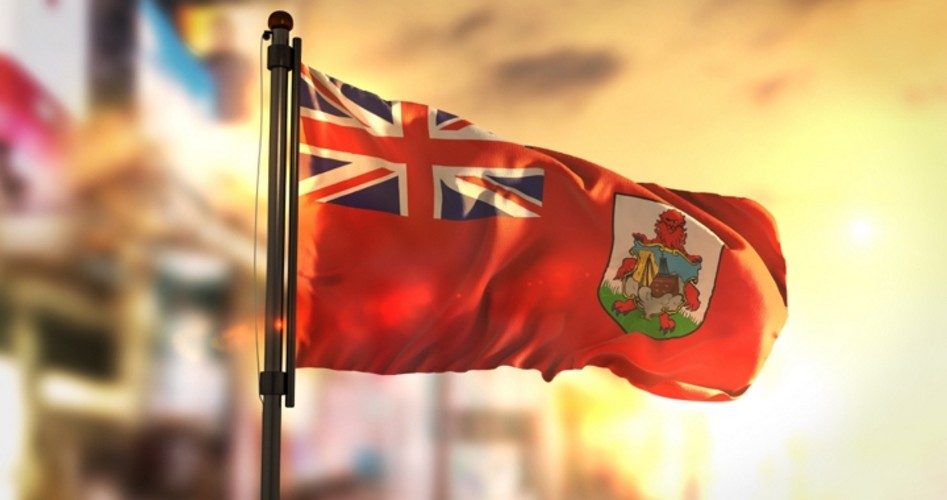
Bermuda has become the first nation to pass, and then rescind, the legalization of same-sex marriage. On February 7 Bermuda’s governor, John Rankin, approved a bill overturning a 2017 measure allowing homosexual couples to marry.
The island nation has traditionally been socially conservative, and a majority of Bermuda citizens were opposed to the same-sex marriage law. In December the Bermuda Senate and House of Assembly both overwhelmingly passed the domestic partnership bill, and a majority of Bermuda voters passed a referendum opposing same-sex marriage.
However, Bermuda’s minister of home affairs Walton Brown, insisted that the replacement legislation amounts to a compromise on the issue, allowing for domestic partnerships between same-sex couples and ensuring the same protections and rights given traditional married couples. “The act is intended to strike a fair balance between two currently irreconcilable groups in Bermuda, by restating that marriage must be between a male and a female while at the same time recognizing and protecting the rights of same-sex couples,” said Brown, whose ruling Progressive Labour party fronted the repeal legislation.
Since Bermuda is a favorite gay vacation destination, homosexual groups were quick to condemn Bermuda’s insistence on charting its own course on an issue of morality. “Governor Rankin and the Bermuda Parliament have shamefully made Bermuda the first national territory in the world to repeal marriage equality,” said Ty Cobb, a spokesman for the pro-homosexual Human Rights Campaign. “This decision strips loving same-sex couples of the right to marry and jeopardizes Bermuda’s international reputation and economy.”
BBC noted that because Bermuda is a dependent territory of the United Kingdom, the UK government has the authority to block the same-sex marriage repeal. However, reported the British state news site, “Foreign Office minister Harriett Baldwin told MPs: ‘After full and careful consideration in regards to Bermuda’s constitutional and international obligations, the Secretary decided that in these circumstances it would not be appropriate to use this power to block legislation, which can only can be used where there is a legal or constitutional basis for doing so, and even then only in exceptional circumstances.’”
UK Prime Minister Theresa May made it a point to emphasize that she was “seriously disappointed” with Bermuda’s move. Nonetheless, she added, the repeal “has been democratically passed by the Parliament of Bermuda, and our relationship with the overseas territories is based on partnership and respect for their right to democratic self-government.”
Photo: NatanaelGinting/iStock/Getty Images Plus

